Understanding Montenegro as a Living Destination
Montenegro, in Southeast Europe, is a top choice for expats seeking a European living experience. With its EU membership application, Montenegro offers expats a chance to join a vibrant community with Mediterranean charm. Podgorica, Budva, and Kotor are popular expat destinations. English is widely spoken, easing expats' daily lives. Proximity to Croatia and other EU countries adds to Montenegro's appeal. Understanding government policies and EU membership potential is crucial for those eyeing Montenegro as a living destination.
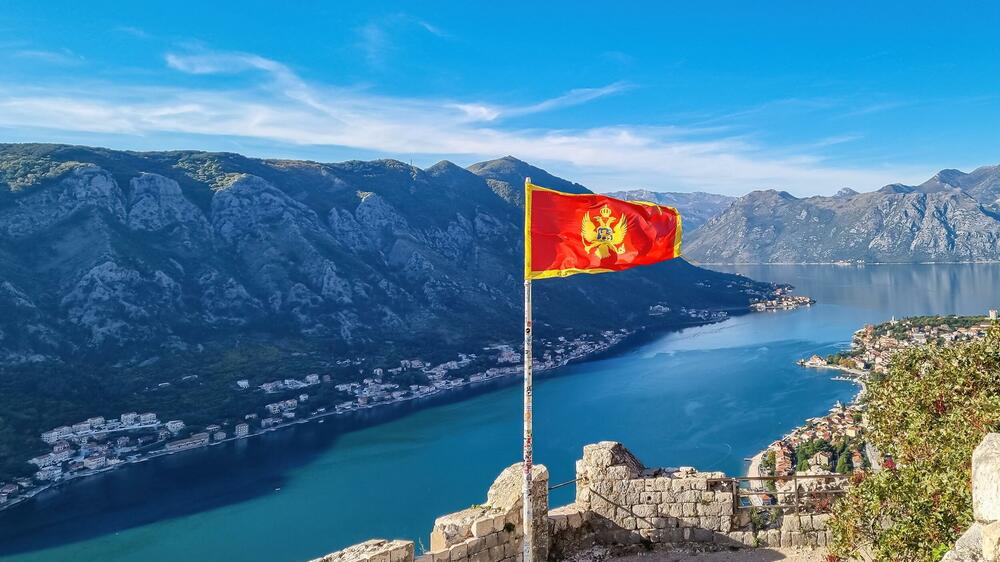
The Appeal for Expats
Montenegro's natural beauty, Mediterranean climate, and rich cultural heritage make it an ideal choice for expats seeking a relaxed lifestyle. With stunning landscapes, historic towns, and EU membership prospects, Montenegro offers expats a welcoming environment to enjoy sunny summers and mild winters.
Cultural Aspects
Immerse yourself in Montenegro's unique cultural traditions and experience the country's rich tapestry of heritage. Montenegro, known for its warm hospitality, offers expats the opportunity to embrace a new way of life. From local customs and traditions to the vibrant arts, music, and cuisine scene, Montenegro has a vibrant cultural landscape to explore.
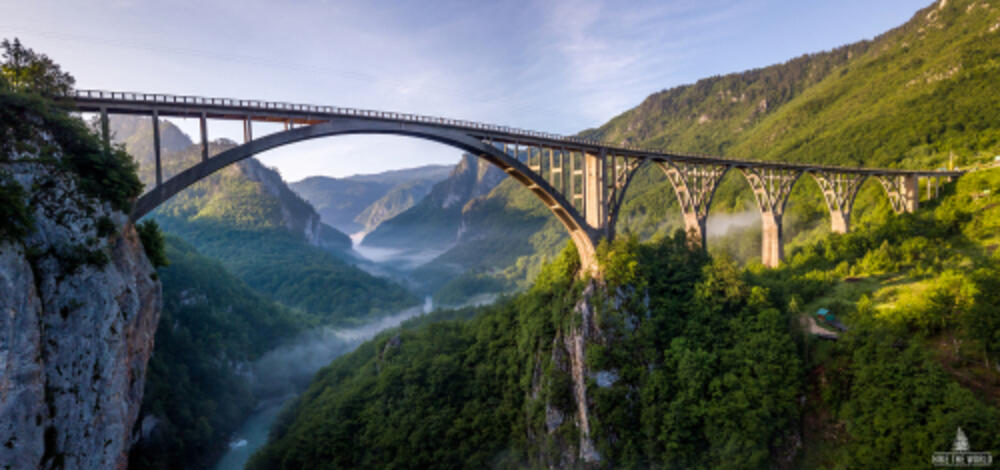
As an expat, you'll have the chance to participate in cultural events and festivals, where you can enjoy traditional music, dance, and local delicacies. While Montenegrin is the official language, English is widely spoken, ensuring that expats can easily communicate and integrate into the local community. Embracing Montenegro's culture will not only enrich your expat experience, but also deepen your understanding of this beautiful country and its people.
Cost of Living in Montenegro
When considering a move to a new country, it's important to understand the cost of living. In Montenegro, the cost of living is generally lower compared to many other European countries and the United States. Monthly costs, including accommodation, groceries, transportation, and health care, can vary depending on your lifestyle and location within Montenegro. On average, a single person can expect monthly costs of around 1.000 euros a month, including rent.

However, it's worth noting that costs can be higher in popular tourist areas such as Budva or Kotor, where rental prices may be higher due to increased demand. Additionally, the cost of living in Montenegro is significantly lower than in the United Kingdom, Madrid, and France, making it an attractive option for those looking to save money while still enjoying a European lifestyle. Despite this, Montenegro still offers a cost-effective living option for expats seeking a European lifestyle.
Rent and Housing Costs
Renting a home in Montenegro is a popular option for expats, offering flexibility and a chance to experience different areas of the country. Here are a few key points to consider about rent and housing costs in Montenegro:
- The rental market in Montenegro is diverse, with a range of options available from apartments to houses, depending on your preferences and budget.
- Property prices in Montenegro can vary significantly depending on the location and type of property. Coastal areas, such as Budva and Kotor, tend to have higher rental prices compared to inland areas like Podgorica, and significantly higher than Nikšić, Bijelo Polje and other northern towns.
- The average monthly rent for a one-bedroom apartment in a city center can range from 300-500 Euros, while a three-bedroom apartment in the same location can cost around 500-800 Euros.
- If you are considering buying a property, prices can range from 1,000 Euros or even less per square meter in northern areas to up to 3,000 Euros per square meter in coastal areas.
- Remember to do thorough research and seek professional advice before making any decisions about renting or buying property in Montenegro.
Average Grocery Prices

When it comes to grocery shopping, Montenegro offers a wide variety of options, from local markets to supermarkets. Here are a few insights into average grocery prices in Montenegro:
- The cost of groceries in Montenegro is generally lower compared to many European countries, making it affordable for expats.
- On average, a single person can expect to spend around 200-300 Euros a month on groceries, depending on their eating habits and dietary preferences.
- Fresh produce, such as fruits, vegetables, and local dairy products, are often available at local markets, which offer competitive prices and a chance to support local vendors.
- Supermarkets, including local and international chains, provide a wide range of products, including imported goods, at reasonable prices.
- It's worth noting that prices can vary depending on the location and season, so it's a good idea to compare prices and shop smartly to get the best value for your money.
Health and Wellness Expenses

When it comes to health and wellness, Montenegro offers a range of services and facilities to cater to expats' needs. Here are a few key points to consider:
- The healthcare system in Montenegro is a mix of private and public facilities, with public healthcare being available to all residents, including expats.
- Expats are encouraged to have health insurance to cover any medical expenses that may arise during their stay in Montenegro. There are several insurance providers that offer expat-specific health insurance plans.
- The cost of healthcare in Montenegro is generally lower compared to many Western countries, making it an attractive option for expats.
- Wellness expenses such as gym memberships, spa treatments, and yoga classes are widely available, with prices varying depending on the location and type of facility.
- Overall, Montenegro offers expats access to healthcare services and a range of wellness options, allowing them to prioritize their health and well-being.
Setting Up a Business
Setting up a business in Montenegro offers expats an exciting opportunity for a new venture. With its strategic location, favorable tax system, and potential EU membership, Montenegro is an attractive destination for entrepreneurs. Whether starting a local business or expanding an existing one, the country provides incentives and support, including residency permits through real estate purchases. From capital gains tax benefits to a straightforward registration process, Montenegro offers a conducive environment for business setup.

Cost Associated with Business Setup
When considering the cost associated with setting up a business in Montenegro, here are a few factors to keep in mind:
- The cost of business setup in Montenegro can vary depending on the type of business, size, and specific requirements.
- The capital gains tax rate in Montenegro is generally low, making it attractive for investment and business growth.
- Additional costs to consider include legal fees, registration fees, rental costs, utilities, and employee salaries, among others.
- It's important to consult with local experts and gather precise information on costs specific to your business, as they can differ based on industry and location.
Montenegro's Corporate Tax System
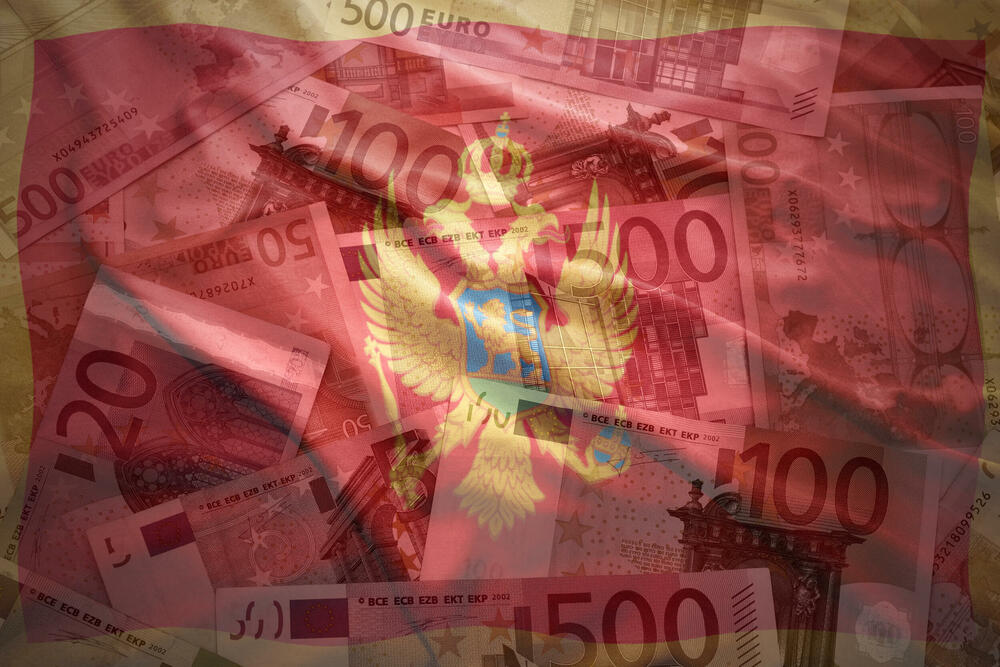
Montenegro's corporate tax system is designed to attract businesses, both local and international, to invest and operate within the country. Here are a few key points about Montenegro's corporate tax system:
- The corporate tax rate in Montenegro is 9%, one of the lowest in Europe, making it an appealing choice for businesses.
- Montenegro also offers a favorable personal income tax rate, further incentivizing individuals to pursue business opportunities in the country.
- The government of Montenegro has implemented policies to support economic growth and attract foreign direct investment, making it a business-friendly environment.
- Understanding the intricacies of Montenegro's corporate tax system, including tax incentives, deductions, and compliance requirements, is crucial for running a successful business in the country.
- Seeking professional advice and staying up-to-date with tax regulations will ensure that your business operates in accordance with local laws and maximizes its financial benefits.
Safety Concerns
Safety is a top priority for expats considering a move to a new country. Montenegro, known for its stunning landscapes and welcoming atmosphere, also boasts a relatively safe living environment. While the country, like any other, has its own safety concerns, Montenegro generally has low crime rates, particularly in tourist areas. Expats can take precautionary measures, such as being aware of their surroundings and following safety protocols, to ensure a secure living environment. It's recommended to familiarize oneself with both crime rates and non-crime safety concerns, including healthcare access and traffic safety, for a holistic understanding of safety in Montenegro.

Crime Rates and Personal Safety
Montenegro, with its warm hospitality and beautiful landscapes, generally offers a safe living environment for expats. Crime rates, including violent crimes and property crimes, are relatively low, especially in tourist areas. Here are a few key points to consider about crime rates and personal safety in Montenegro:
- Like any country, Montenegro has its share of petty crimes, such as pickpocketing or thefts, especially in crowded tourist areas. Taking basic precautions, such as keeping valuables secure, can reduce the risk of these incidents.
- Personal safety in Montenegro largely depends on individual awareness and behavior. Being mindful of your surroundings, particularly in unfamiliar areas, can help prevent potential incidents.
- Building a network of local contacts, including expat communities, is a practical way to stay informed about safety concerns, share experiences, and receive support.
Participating in local safety programs, such as community watch groups or emergency response trainings, can further enhance personal well-being and contribute to a sense of security.
Non-Crime Safety Concerns
Apart from crime rates, expats should also be aware of non-crime safety concerns when living in Montenegro. Here are a few key areas to keep in mind:
- Access to quality healthcare is an essential aspect of personal safety. Familiarize yourself with the local healthcare system, including hospitals, clinics, and emergency services, to ensure you receive proper care when needed.
- Montenegro, like other countries, may experience natural disasters, such as earthquakes and floods. Understanding the local protocols for such events and having an evacuation plan in place can help safeguard your well-being.
- Traffic safety is another important consideration, especially if you plan to drive in Montenegro. Familiarize yourself with local driving laws, road conditions, and traffic regulations to ensure a safe commuting experience.
By addressing both crime and non-crime safety concerns, expats can enjoy a higher level of personal well-being and peace of mind during their time in Montenegro.
Pros and Cons of Living
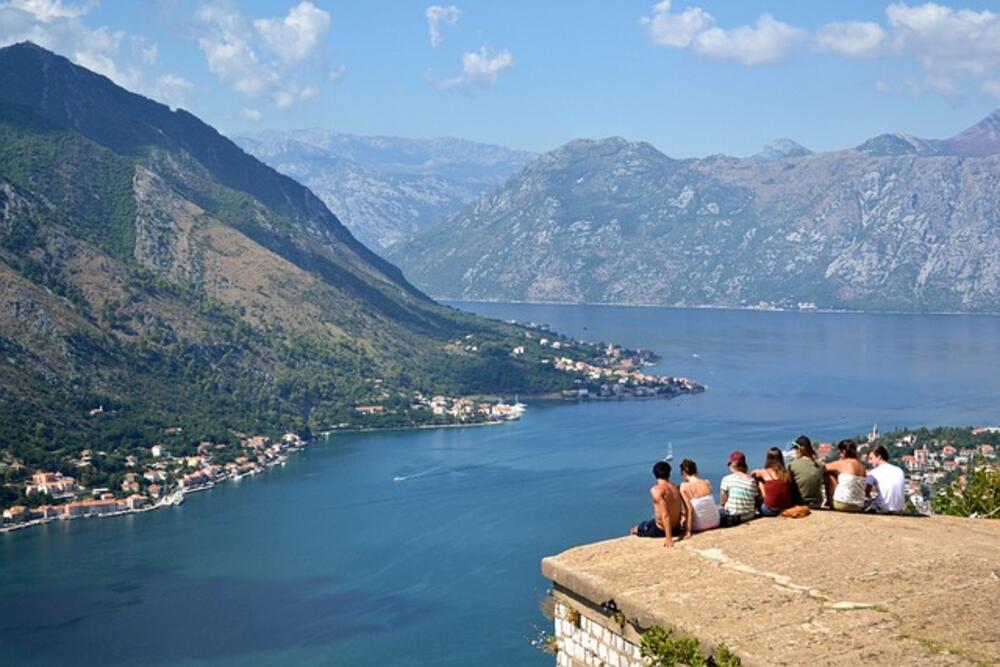
Living in Montenegro as an expat offers a range of advantages and unique experiences, but it's important to consider potential drawbacks as well. In this section, we will explore the pros and cons of living in Montenegro, helping you make an informed decision about this European living destination.
Advantages of Choosing Montenegro as an Expat
Choosing Montenegro as an expat offers a number of advantages. Here are a few key points to consider:
- Montenegro's EU membership application presents potential benefits for expats, including access to a single market, ease of travel, and potentially enhanced rights as EU citizens in the future.
- The country's natural beauty, including stunning coastlines, picturesque mountains, and national parks, provides expats with diverse and breathtaking landscapes to explore, enjoy, and make a home.
- Montenegro offers a laid-back lifestyle, with a slower pace of living that allows expats to truly appreciate and savor the moment.
- The cost of living in Montenegro is generally lower compared to many other European countries, making it an affordable option for expats seeking a European lifestyle.
- Montenegro's rich cultural heritage, including its local customs, traditions, and historic sites, offers expats a unique opportunity to immerse themselves in a new cultural experience.
Potential Disadvantages to Consider
While Montenegro has much to offer, there are also potential disadvantages that expats should consider. Here are a few key points:
- Language barriers can be a challenge, especially for expats with limited knowledge of the local language, Montenegrin. However, English is widely spoken, particularly in tourist areas, which can help ease communication.
- Expats should be aware that job opportunities may be limited, especially for those who do not speak the local language or have specialized skills. It's advisable to research the job market and explore self-employment or remote work options.
- Adapting to a different culture and way of life may require patience and open-mindedness. Embracing new customs, traditions, and practices can help expats fully integrate into the local community.
- Dealing with bureaucratic processes, such as obtaining permits, licenses, and fulfilling legal requirements, may be time-consuming and require patience. Seeking local assistance and guidance can help navigate these processes more effectively.
Visa and Administration Process for Expats
Before moving to Montenegro, it's crucial to have a good grasp of the visa and administrative procedures for expats. Understanding these processes will help ensure a smooth transition to your new life in this beautiful country.
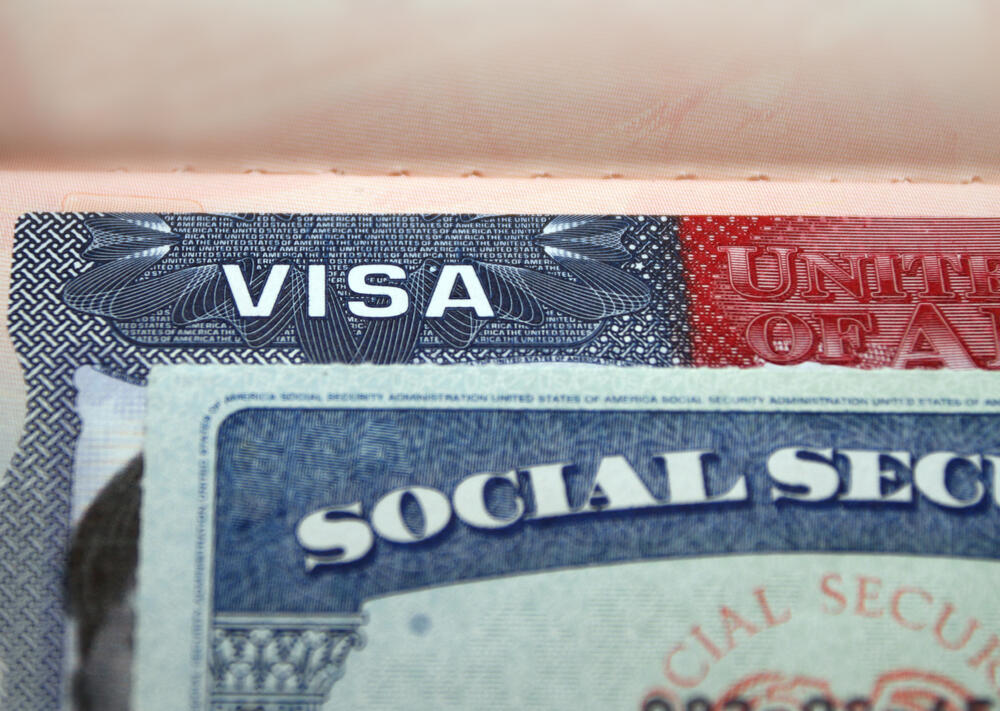
As an expat in Montenegro, you will need to consider the type of visa that best suits your situation. The country offers various visa options, including tourist visas, temporary residence permits, and permanent residence permits. Each type of visa has specific requirements and conditions that you must meet.
For those planning to stay long-term in Montenegro, applying for a temporary or permanent residence permit is advisable. This typically involves providing proof of income, health insurance coverage, accommodation arrangements, and other necessary documentation.
Navigating the administrative procedures in a new country can be challenging, so seeking assistance from immigration experts or legal advisors familiar with Montenegro's regulations is recommended. They can provide valuable guidance on the application process and ensure that you meet all the requirements set by the Montenegrin authorities.
How Accessible is Montenegro for Foreigners?
Montenegro is generally accessible for expats and foreigners, with a welcoming attitude towards international residents. Here are a few key points about the accessibility of Montenegro for foreigners:
What are some essential tips for expatriates planning to move to Montenegro?
Discover key advice for expats relocating to Montenegro:
- Embrace basic Montenegrin language skills to engage with locals effectively.
- Research the living costs, healthcare, and education landscape.
- Understand residency and visa prerequisites.
- Engage with expat communities for valuable insights.
What are some potential disadvantages or challenges faced by expatriates living in Montenegro?
Living in Montenegro as an expatriate may pose challenges such as navigating the language barrier, adjusting to local customs, facing limited access to amenities, and grappling with complex legal procedures. Adapting to a new culture and environment requires time and effort.
Living as an expatriate in Montenegro offers a unique mix of charm and challenges, from cost-effective living to cultural richness. The country beckons with opportunities, balancing safety concerns with accessible citizenship. While there are drawbacks, starting a business here is appealing. Navigating visas can be easier with expert help. With readiness and an open mind, Montenegro can be a welcoming home for expats seeking vibrancy. Embrace the journey and explore all that this picturesque country offers!
Bonus video:





